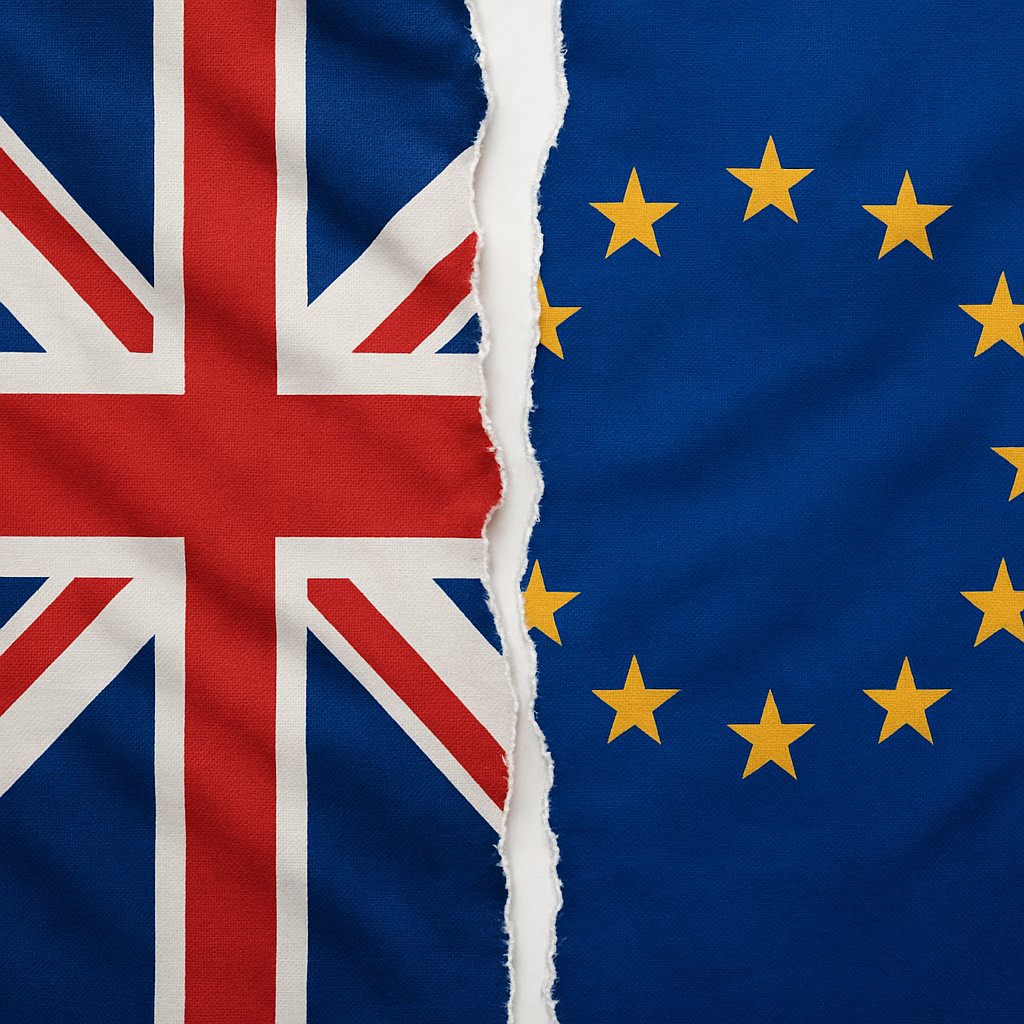(Publ. 8 APR 2020) In a thought-provoking decision, the European Patent Office (EPO) has rejected two patent applications where the AI machine named DABUS was designated as the inventor. EPO refers to its formal requirements which states that an inventor must be a natural person. The office also raises interesting questions regarding an AI machine’s legal rights.
At the end of 2018, the American AI pioneer Stephen Thaler filed two patent applications with the EPO, the British UKIPO and the American USPTO. The innovations were a beverage container as well as a flashing device for attracting enhanced attention. The notable thing about the applications was that the designated inventor was DABUS. Thaler later explained that DABUS is “a kind of connectionist artificial intelligence” and that it was DABUS, not Thaler himself, who had made the inventions. Furthermore, Thaler also argued that he should own the rights to the inventions created by DABUS by being the owner of the machine.
EPO rejected both applications. In its decision, the office referred to its legal framework, the European Patent Convention (EPC), which requires that an inventor must have a surname, a first name, an address and be a natural person. Thaler argued that DABUS has a name and that there are humans who have only one name instead of a first name and a surname. Nevertheless, EPO declared that the requirements of the inventor to be a natural person were not met.
In its decision, EPO also raised issues concerning the legal rights of an AI machine, or rather the abscene of rights. The office pointed out that an inventor of a patented innovation has a number of legal rights, and in order to exercise those rights, the inventor must have a legal personality – something that AI does not have. EPO also questioned how the applicant, Thaler, could have received the rights to the inventions from the inventor, DABUS, as an AI machine cannot hold rights and consequently cannot transfer rights.
The UKIPO rejected the applications on the same grounds as the EPO. The USPTO has not yet announced its decision.

.jpg)



















